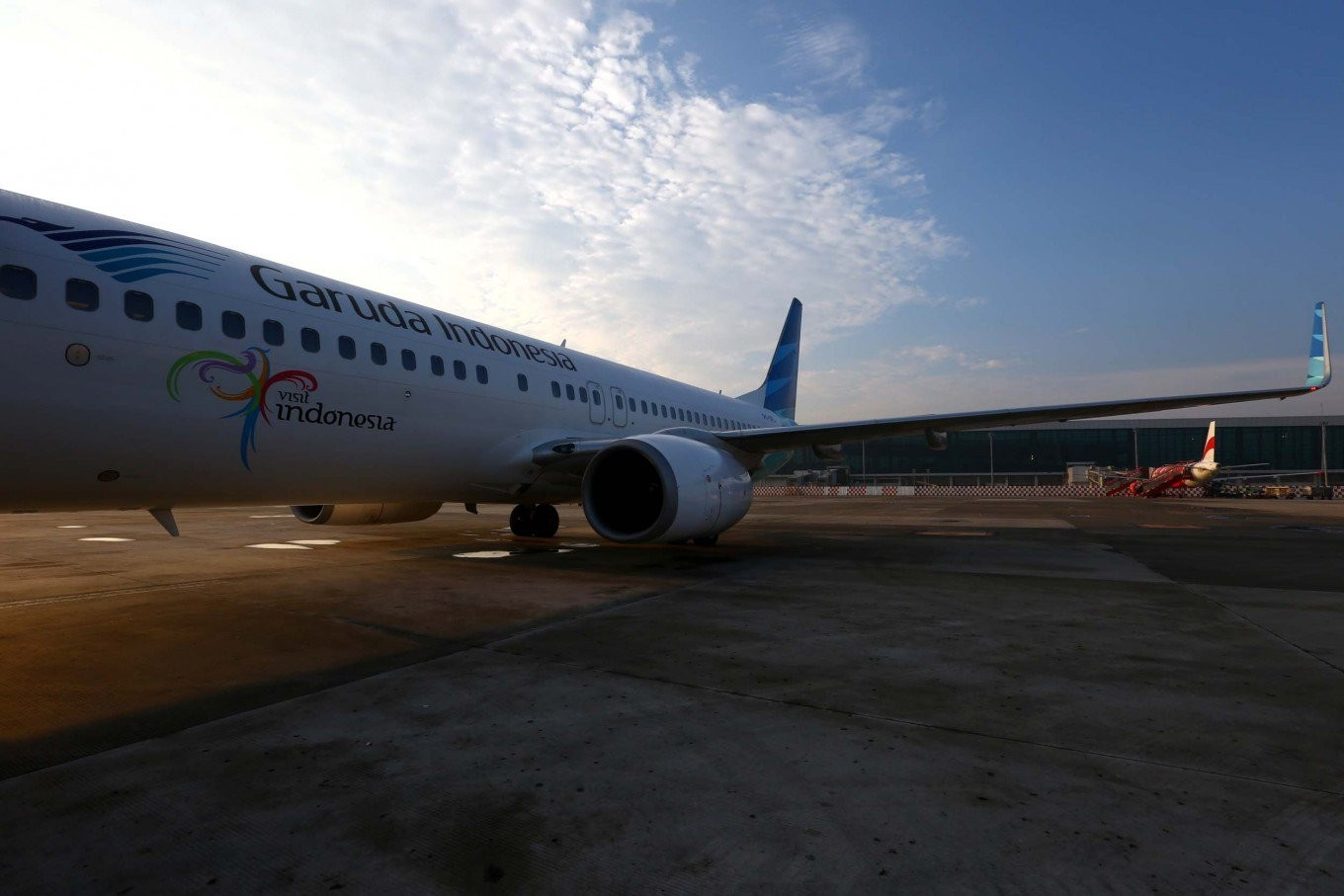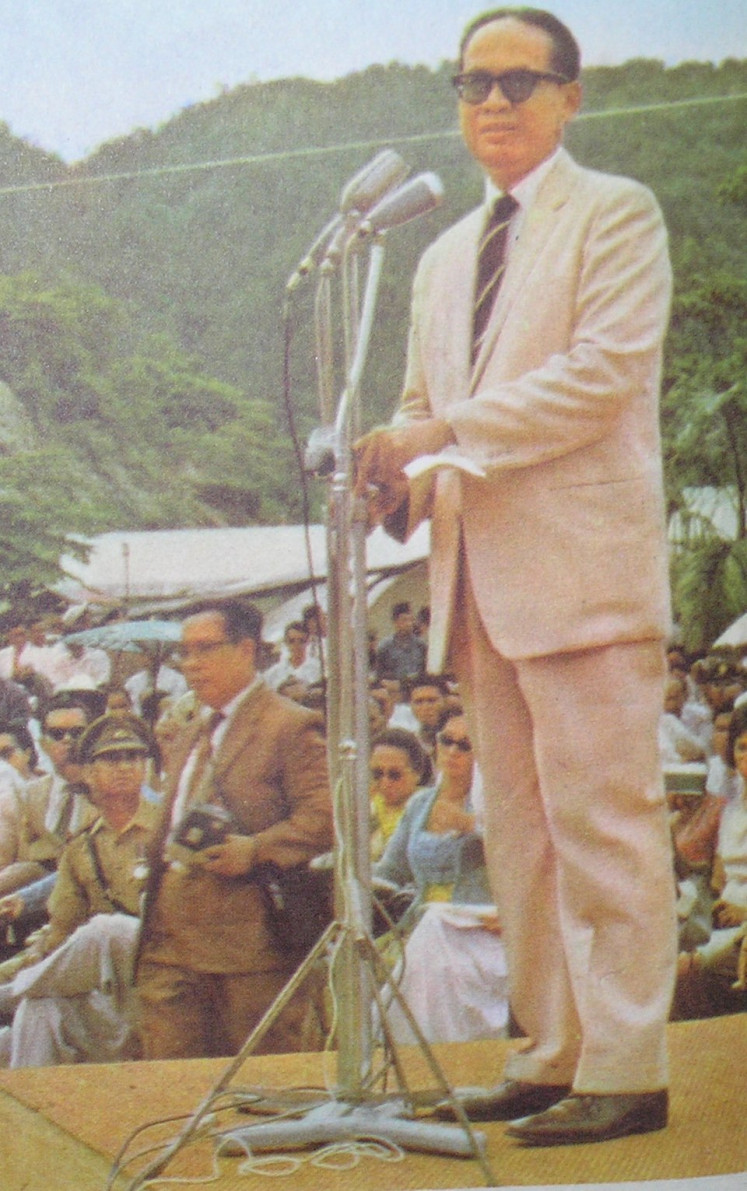Popular Reads
Top Results
Can't find what you're looking for?
View all search resultsPopular Reads
Top Results
Can't find what you're looking for?
View all search resultsAnalysis: Danantara’s test case in rescuing bleeding SOEs through cross-subsidy
Change text size
Gift Premium Articles
to Anyone
D
anantara has little choice but to rescue financially bleeding state-owned enterprises (SOEs) by channeling dividends from profitable SOEs, as government funds are no longer permitted for such purposes. The market has responded positively to the planned rescue of near-collapse SOEs, though some have warned Danantara of the potential risk of wasting valuable investment capital.
Among these struggling SOEs, Danantara has shown a strong commitment to saving publicly listed flag carrier Garuda Indonesia, pledging to inject US$500 million into the airline. Garuda CEO Wamildan Tsani intends to allocate the funding to procure 15 aircraft. Following the rescue announcement, Garuda’s stock (GIAA) surged by 87.18 percent over the past three months, reflecting market optimism.
Danantara has also outlined plans to invest in vaccine development as part of efforts to revive Bio Farma, the troubled health-sector holding company. The stock price of its publicly listed subsidiary, Kimia Farma (KAEF), has increased by 22 percent in the past three months. Bio Farma has requested fresh funding amounting to Rp 2.21 trillion (US$138 million) to support vaccine production.
Other ailing SOEs on Danantara’s radar include publicly listed construction companies PT Wijaya Karya (WIKA) and PT Waskita Karya (WSKT), both of which remain suspended from trading on the Indonesian Stock Exchange.
Before Danantara’s establishment, the SOEs Ministry had planned to merge Wijaya Karya with fellow listed construction SOE Pembangunan Perumahan (PTPP), and Waskita Karya with another SOE, Hutama Karya, as part of a government-led recovery strategy. However, under Danantara’s leadership, those merger plans are now under review and possibly aborted.
These financially troubled SOEs remain in deep distress. Garuda Indonesia, for instance, has not fully recovered, even after a major debt restructuring and a Rp 7.5 trillion government capital injection in 2022. While Garuda posted a net profit of $251.9 million in 2023, it returned to a net loss of $69 million in 2024 and further reported a net loss of $75 million in the first quarter of 2025.
Garuda’s Q1 loss came despite revenue rebounding to its pre-COVID-19 level, reaching $723 million, comparable to $768 million recorded in Q1 2020. However, soaring operational costs, particularly maintenance expenses, outpaced revenue gains. Maintenance costs rose from 13 percent of operating expenses in Q1 2023 to 21.7 percent in Q1 2025, driven primarily by higher spare part costs. These increases stem from steep import duties, averaging 37.9 percent, significantly higher than Malaysia’s 14 percent and Singapore’s zero percent.



















